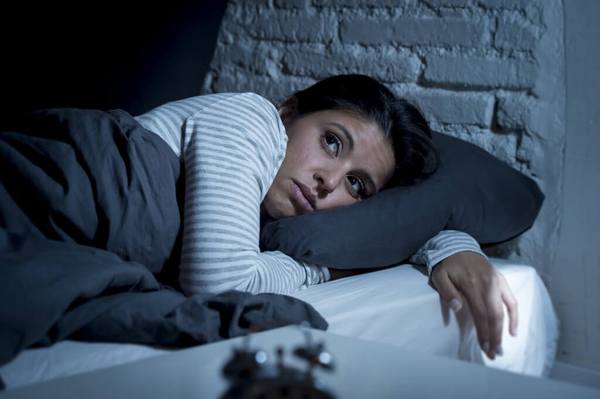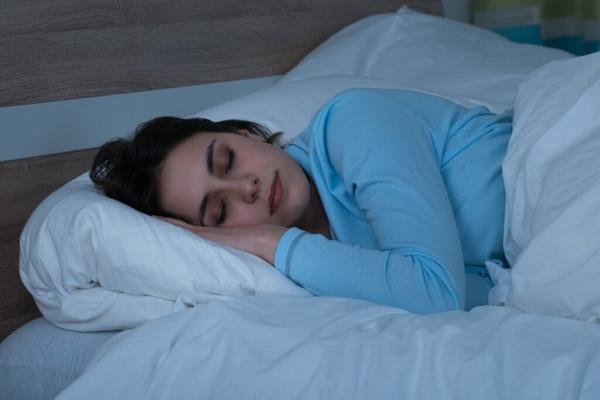Healthy sleep habits can make a big difference to the quality of life, so we’ve compiled a list of tips and tricks to help you fall asleep faster and maintain a good quality of sleep night after night.
For A Better Quality Night’s Sleep
- Don’t waste time tossing and turning – if you haven’t fallen asleep within 30 minutes then get out of bed. Sit in a nice chair with a good book and after half an hour, try going back to sleep.
- Avoid all light-emitting devices in the bedroom. Keep tablets, smartphones, and televisions out and instead read a book, listen to music and reconnect with your partner – anything that doesn’t need charging up!
- If you can’t avoid technology, then make sure you turn everything off one hour before your chosen ‘settle to sleep’ time and block out as much of the device’s blue light by adjusting the settings.
- Focus on the right number of hours of sleep for you. It should be sleep quality not sleep quantity. Six hours of deep restorative sleep will beat ten hours of lying in bed tossing and turning.

Want To Get To Sleep Faster?
- Cut the caffeine – stop drinking coffee and tea within 4 hours of bedtime!
- Stay active! Regular exercise is one of the best activities for your body and sleep.
- Before climbing into bed, jot all your concerns down! Getting them out on paper is sometimes all it takes to let go.
- Avoid alcohol, especially within four hours of bedtime. It might initially help you to go to sleep but you’ll soon be wide awake again staring at the ceiling.
- Keep your bedroom cool – 60 and 67 degrees Fahrenheit is ideal – this gives you the best chance to sleep well.
- Limit your bedroom activity to sleep and…bedroom activities. Instead of triggering more insomnia anxiety when you think of the room, you’ll begin to associate the space with sleep.

Eat Your Way To A Better Night’s Sleep
Our bodies draw a large number of sleep-helping minerals and nutrients from a variety of foods. Here are some foods that you can add to your diet to help your sleep patterns, rest and recovery:
- Magnesium rich foods such as bananas, avocados, berries and melon can help relax your nerves and muscles, enabling you to drift off to sleep more easily and feel refreshed when you wake.
- To gain a natural source of Melatonin (the sleep inducing hormone), you can consume more cherries, either in fresh, dried or juiced form, and for a sleep-friendly evening snack, dairy products that are rich in calcium will also help your body produce melatonin.
- To promote healthy digestion and circulation, you can add more Potassium rich foods such as bananas, mushrooms, salmon and orange juice to your diet, helping to relax your body.
- Supplements can also help aid sleep: Vitamins on the B spectrum can boost sleep with B3 shown to promote REM sleep, B6 helps the body produce serotonin. While studies of vitamin D use has shown to improve sleep quality.

There’s no single magic bullet for better sleep. Creating and maintaining a strong sleep routine involves a lot of trial and error and takes time.
To give yourself a fighting chance, one thing you can do is upgrade the quality of your mattress!
We often underestimate a mattress’ importance for getting a great night’s sleep, and try all of the above tips, only to be woken up by the familiar “twang” of a spring jarring in the middle of the night.
So why not upgrade your mattress to an innovative Leesa mattress today, for a better night’s sleep!



